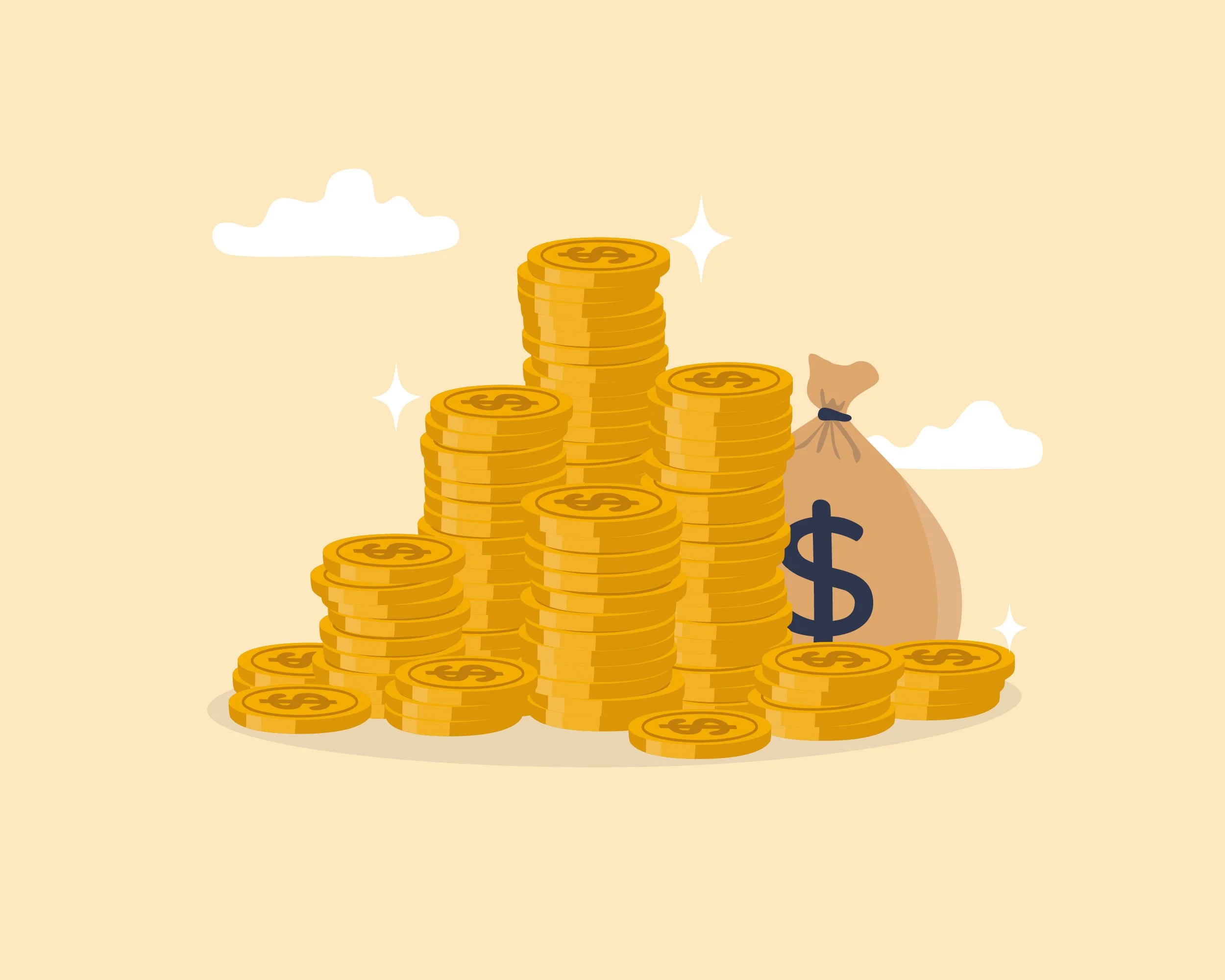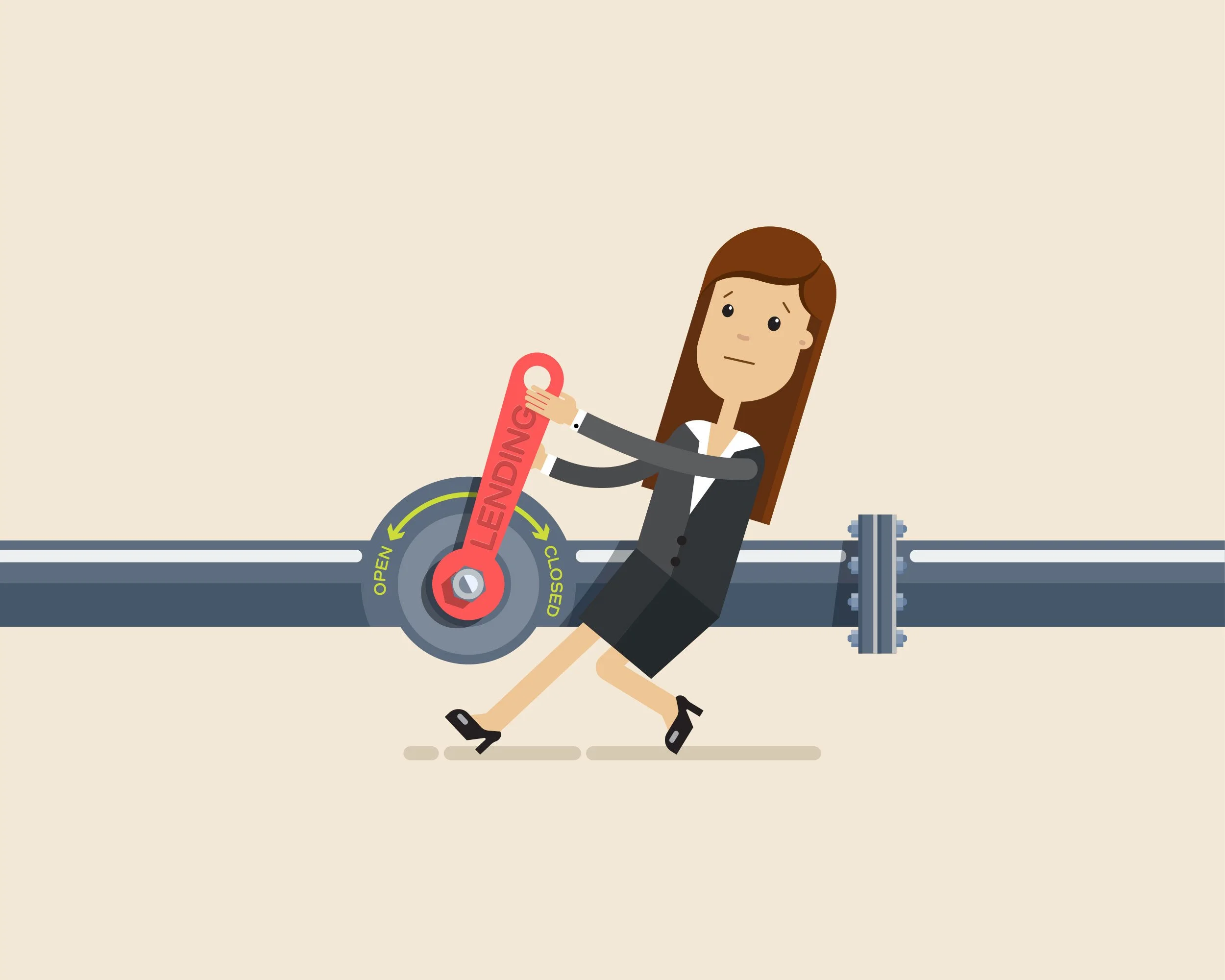Congratulations, you have made it to the final blog post in this series of six: INVESTING. Investing can be incredibly complex, but I found a way to simplify it. I used to feel overwhelmed by the options available, but now I don't. I’m hoping to help you feel the same way. But still, this is one of the most challenging blog posts I have EVER written. Condensing “investing” into a single document is no easy feat. The Happy Saver was born out of my search for information about what I could invest our money in. It took me years to arrive at our current strategy, which combines KiwiSaver and ETF investments. Ultimately, I finally found THE perfect information, which I want to share today.
All in Debt
Part 5: DEBT FREE - Financial Independence Series
I think of debt as a phase of life I moved through. That period has passed, and I’ve moved on. Jonny and I have now been entirely debt-free since our early 30s, and I encourage you to head down the debt-free path as well. Debt has always had an ‘ick’ factor for me, a feeling I am grateful for. I like earning interest, but I hate paying it. Despite our bank trying to lure us back into debt to buy a rental property, there has never been a day that I/we regretted becoming permanently debt-free. We never have to seek the bank's opinion about our financial decisions again.
Part 4: KIWISAVER - Financial Independence Series
The fourth part of this six-part series is one of the easier topics to cover, KiwiSaver. Joining KiwiSaver is a no-brainer, and it still surprises me when I meet people who are not in it. I’m always looking ahead and doing my best to determine what I might need money for and how much I might need. I keep my ear to the ground about how affordable retirement is for New Zealanders. I talk to people over 65 and ask them what advice they would give me about financially preparing for retirement. Then I ask myself if, on my current trajectory, I’m heading in the right direction.
Part 3: EMERGENCY FUND - Financial Independence Series
The best thing I ever did was set some cash into a bank account, which we could instantly access in a financial emergency. It is an amount of money set aside in a specific bank account to be used for bailing myself out if something happens that I didn’t otherwise plan for but I need money to pay for. It takes me less than one minute to log into my banking and move money from my emergency account to my spending account.
Part 2: BUDGET - Financial Independence Series
Budgeting is simply making a plan for your pūtea (money). Although I meet hundreds of people who are keen, motivated and willing to do better with their money, I meet few who are “Oh yay, let’s track our spending and earning each month”. I know. I understand your reluctance, but if you want to grow your wealth, you must do what wealthy people do. And they know how much they earn and spend. So, I’m sorry, there are no shortcuts here; you’ve just got to suck it up and budget anyway. Most will come to enjoy it as I do, simply because it gives me a feeling of control over my life and removes any anxiety around my pūtea. But for some of you, it will always be a chore. So be it! Do it anyway.
Part 1: NET WORTH - Financial Independence Series
Welcome to the first post in a short six-part blog series. I’m crafting a collection of posts to cover critical areas that will set you on the right path with your pūtea. Part 1 focuses on ‘Net Worth’. How much wealth do you have right now? If you added it all up and subtracted what you owe, what are you worth? This can be daunting if you’ve never thought about it. However, the objective is not to objectify wealth; it’s to create a level of wealth that makes you feel comfortable and in control of your present and future.
Debt Free Questionnaire!
For many years I’ve published the responses to my Net Worth Millionaire Questionnaire. It continues to be a well-read part of my blog. But there has been another questionnaire I’ve wanted to add for a very long time. I want to create a supportive space where people can come to share that they have successfully paid off a single debt or become completely debt free.
Why Buy Now Pay Later Sucks
Why am I writing a blog about “buy now pay later” (BNPL) schemes? I’m interested in helping the casual users of BNPL realise that you don’t need any of these schemes in the first place. While there will be many who ‘safely’ use them, many more start with good intentions but find themselves on a slippery slope of having just too many payments coming out of their bank account to pay for things they bought weeks and months ago.
Debt won’t solve your money problems
Recently the banking/lending industry changed the way they view lending applications in response to new government legislation and changes made to the Credit Contracts and Consumer Finance Act. The government’s changes are to protect borrowers, which sounds fair to me. However, my personal view is that banks also saw this as an opportunity to reset the expectations of some borrowers.









